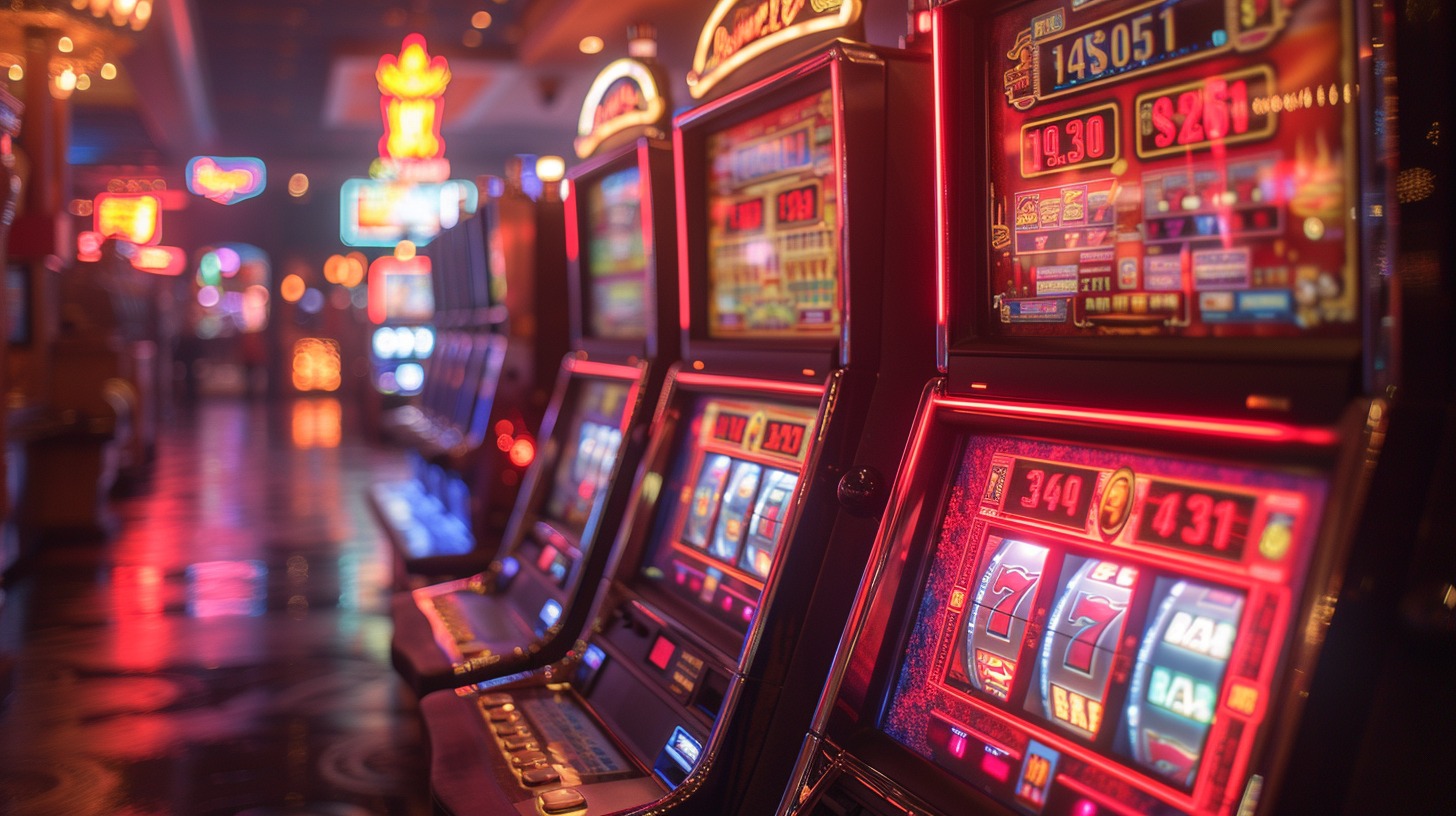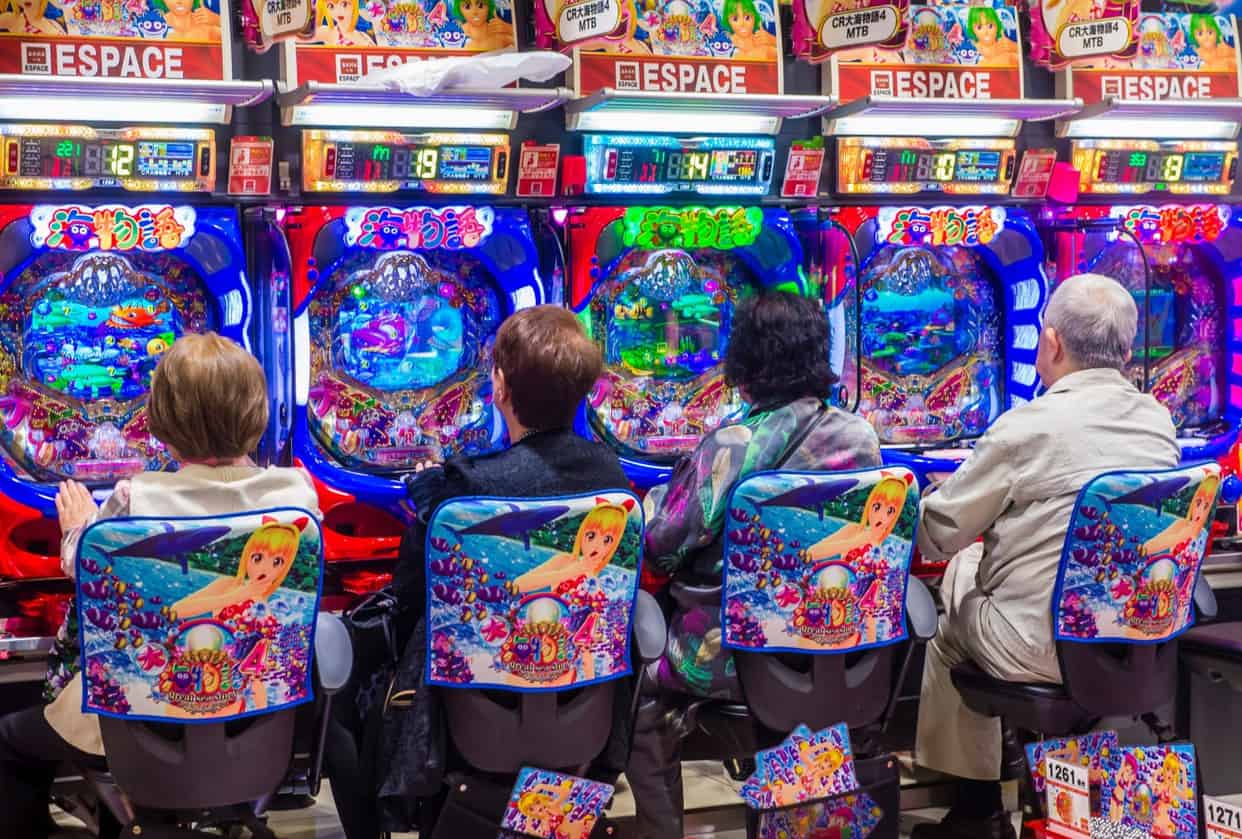Since good design of slots necessitates unpredictability, any external application that claims to forecast or affect outcomes of slot machines must also be viewed with suspicion.
Today’s slot machines are equipped with a software and random number generating systems to provide chances of winning in diverse ways for the enjoyment of players.
Random number generator
But despite their reputation for being a game of chance, a series of algorithms determine the odds of winning on today’s slot machines. Although learning their science is unlikely to guarantee a win every time you spin, it could improve your gaming skills and potentially make you a more responsible player.
A random-number generator (RNG) is the prime mechanism for such game outcomes being produced; naturally, there’s no way to presage which machine is liable to pay out pots by ‘feel’ or ‘luck’ – or so the fun the game represents is supposed to be. Chance, or ‘luck’, has entered the mix in a big way, and it’s why this form of play is highly addictive.
Reels
Slots use particularly complex algorithms to figure out the outcomes of each spin, when (if) to pay out, what type of bonus or feature periodically comes up, and how often each one pays or not. The machines also use something called a pseudo-random number generator, or PRNG, to randomise the result of every spin.
However, when a play button is pressed, a PRNG algorithm generates hundreds of random numbers per minute to determine reel positions at that moment: all the reels have a chance to line up the winning symbols.
This delusion of ‘due pay’ among players results from suffering a set of initial losses; yet in reality, harbouring such a belief is false: as the manufacturers of slots pay licensing fees for a new theme, every of which must increase the hold percentages on the released games.
Symbols
Though slot machines give an impression of elementary randomness, most of what actually happens comes from a highly complex algorithm that never allows anyone to guess who will win and who will lose. Some people present systems to guarantee victory at slots. It’s impossible!
The symbols on a slot machine (especially a video slot) are often specific to that machine’s theme and paytable. If you’ve ever watched a movie where the protagonist is hunting for hidden objects, they’ll often say something to the effect of, ‘look for things that stand out’. A symbol, in a slot machine, might be that abstract indicator that something’s out of the ordinary about a given online slot. On a 5-reel^5-column configuration, where your wins are generally based on the combination of symbols you land on, it could be anything. If not a basic playing card from a standard deck, it might be something far stranger that complements that machine’s overall design.
The number 7 is one of the most popular symbols in slot games, often showing up as a single bar or a triple bar symbol. Also, 7 is commonly found as a high pay symbol in classical slots.
Paylines
From the flashing lights to the scintillating jingles accompanying a big jackpot win, slot machines have been doing their best to convince gamblers to part with their money for years. But there is a whole architecture of algorithms and mechanics behind the machines to make them function.
They are the means by which the machine determines which symbols can form winning combinations; they can number anywhere from five to 100 and can criss-cross in any pattern a slot machine designer wants. Moreover, all interaction between players and games is affected by the slot machine’s unseen random-number generator (RNG), an algorithm that determines the outcome of each spin and whether you won or lost; that also ensures that machines pay out at approximately the same rate – ensuring the integrity of play.
Bonus rounds
While many claim to have the winning formula, in fact there are no. This is because slot games are designed to act in a random, unpredictable way – through the means of an extremely complicated piece of electronic hardware called a Random Number Generator (RNG).
RNGs produce those random numbers at astounding rates – thousands per second – so that no patterns or biases can develop from each yield, from one to the next.
Casino algorithms make it possible for casinos to calculate payouts and casino bonus games, as well as shuffle the cards in Blackjack and determine where the ball comes to rest on a roulette wheel.




